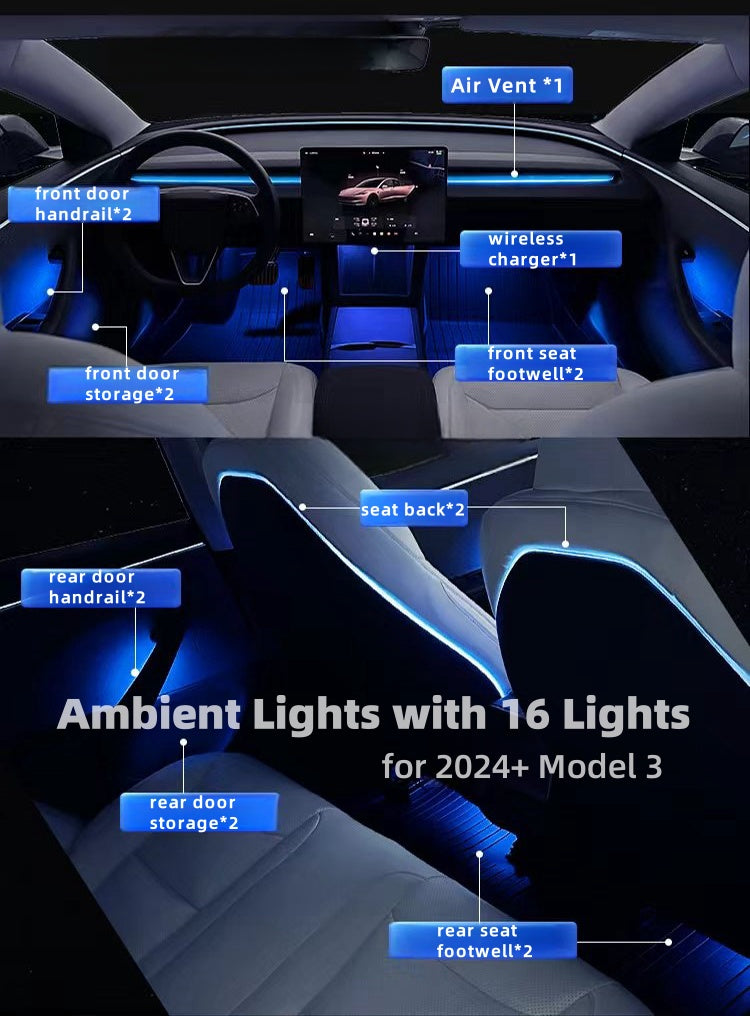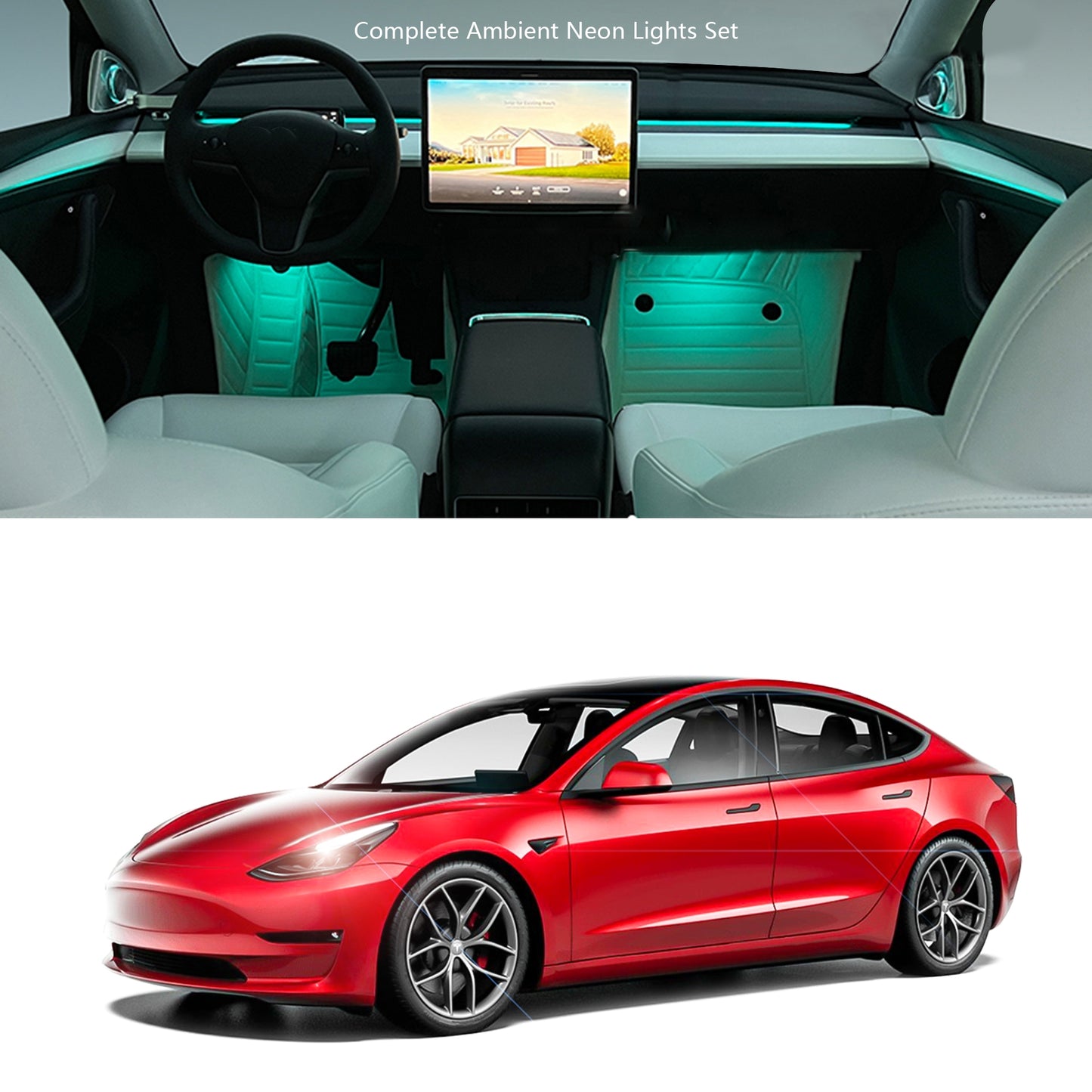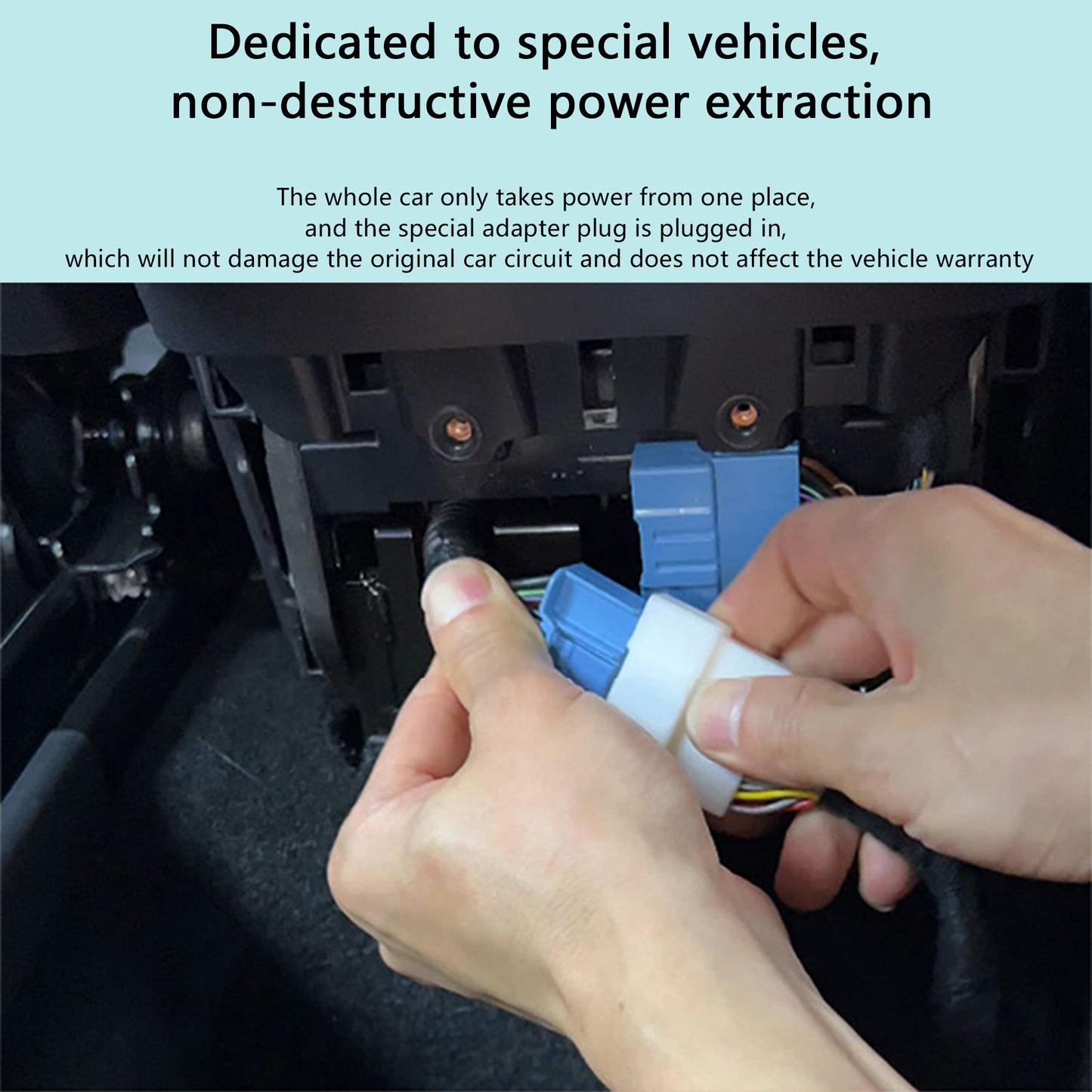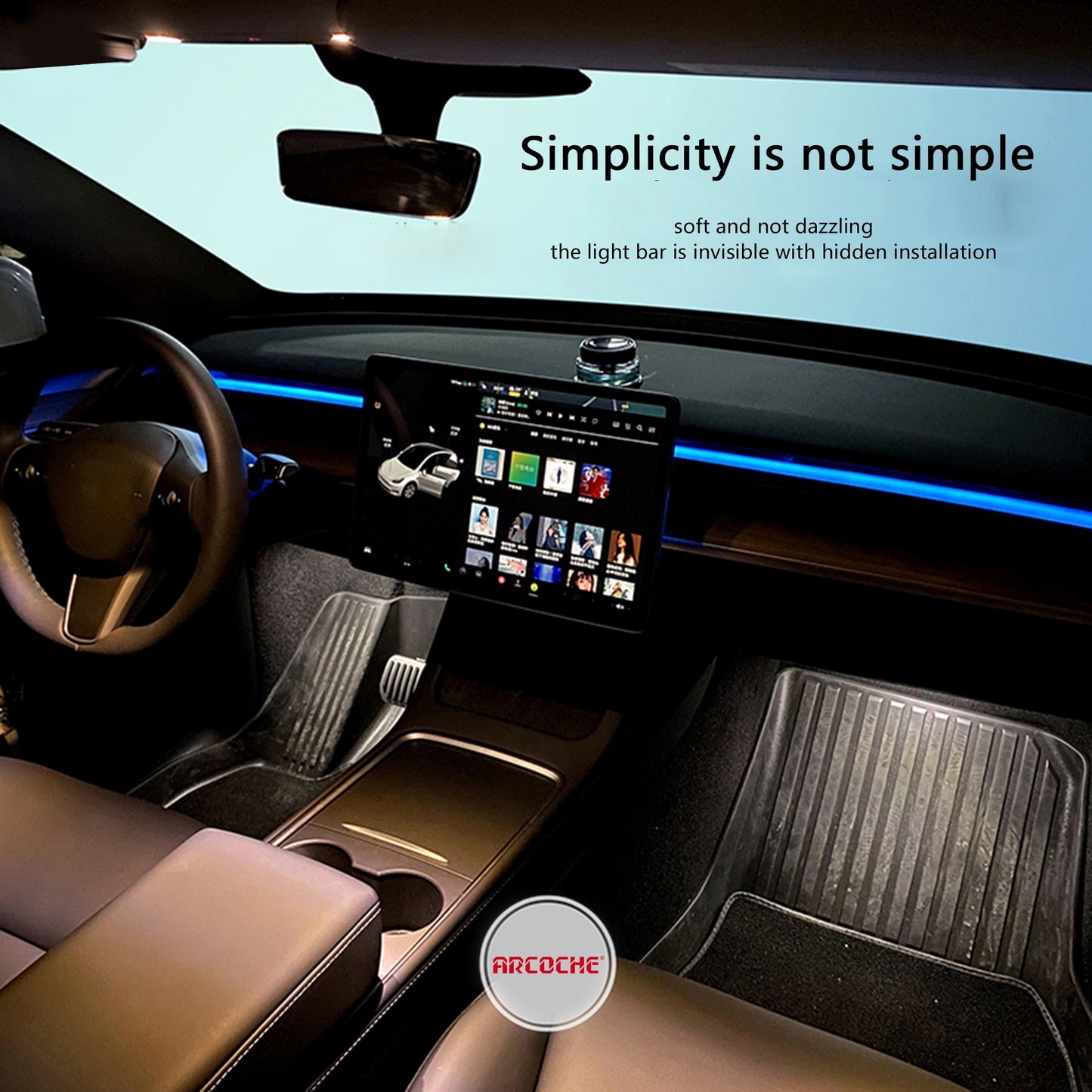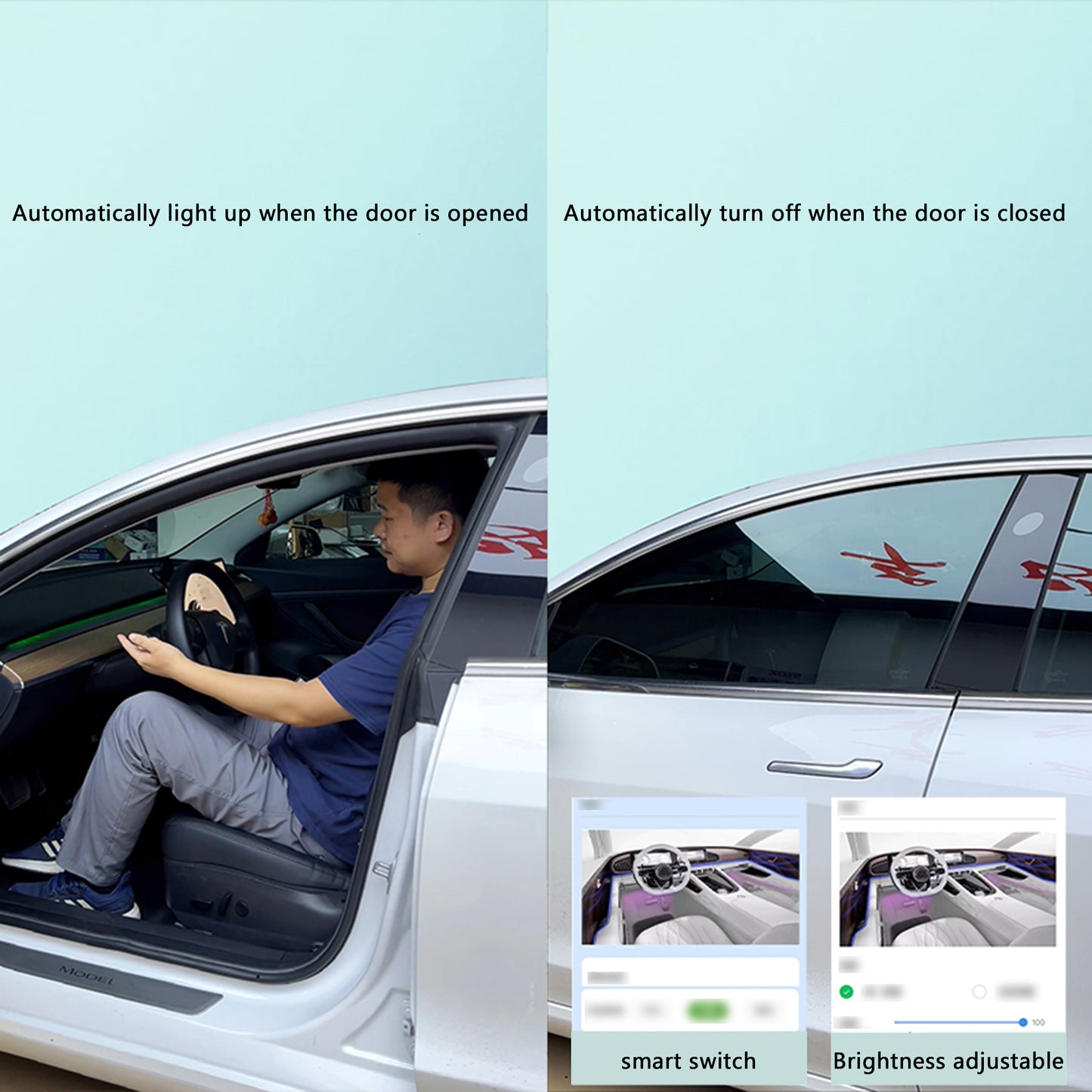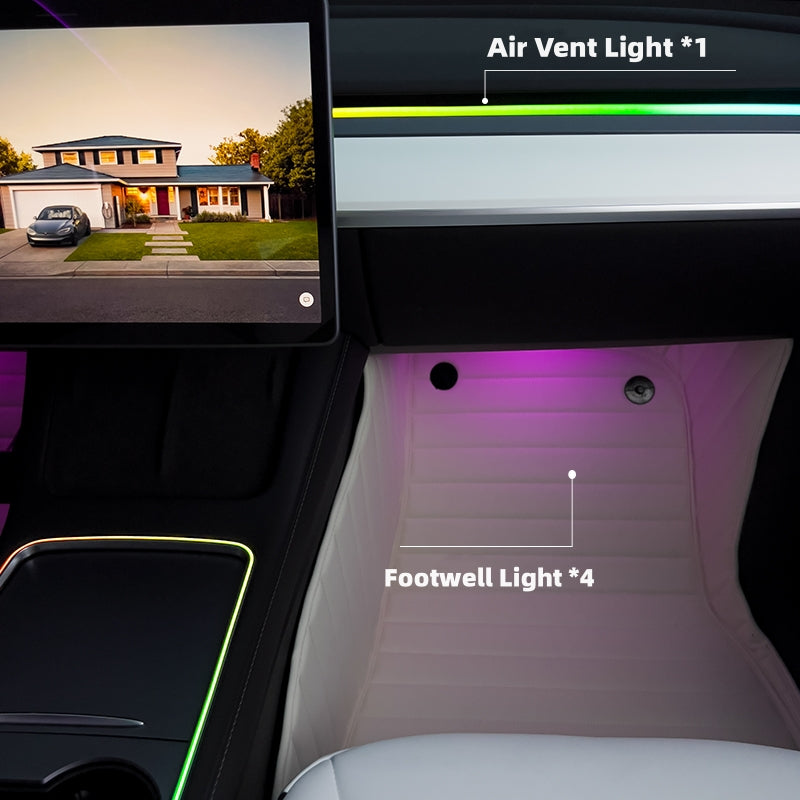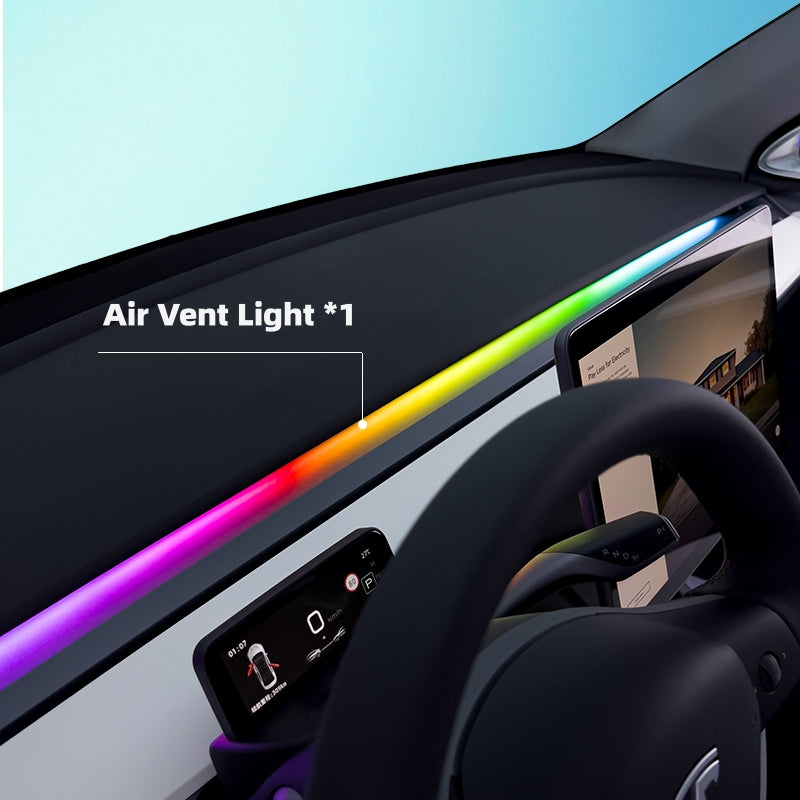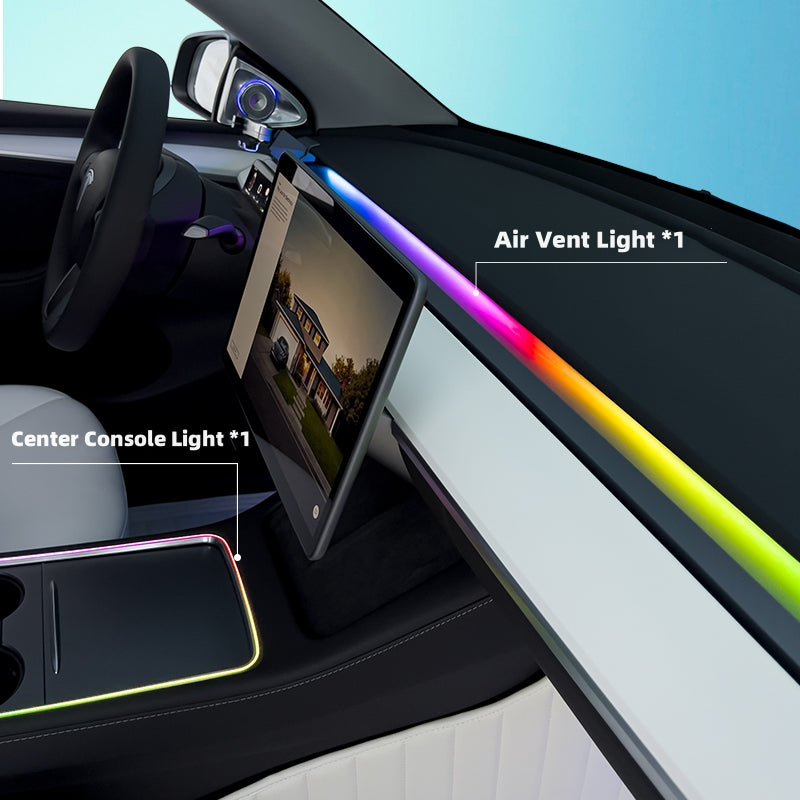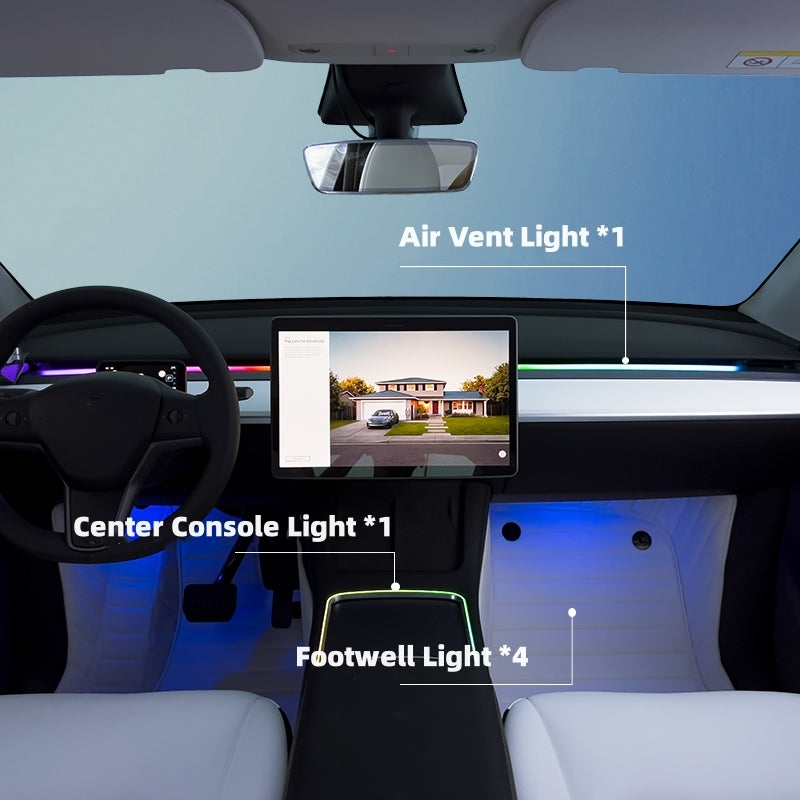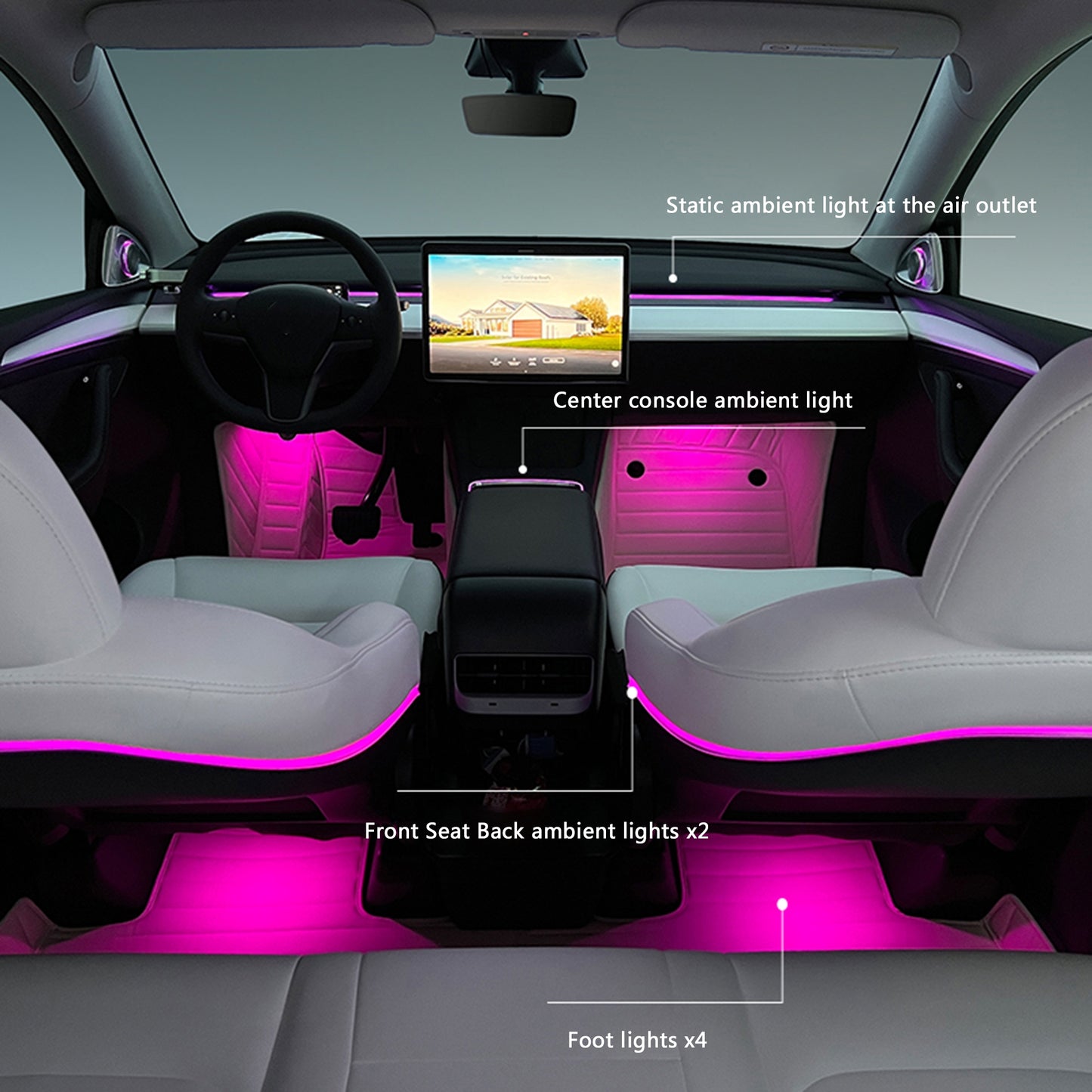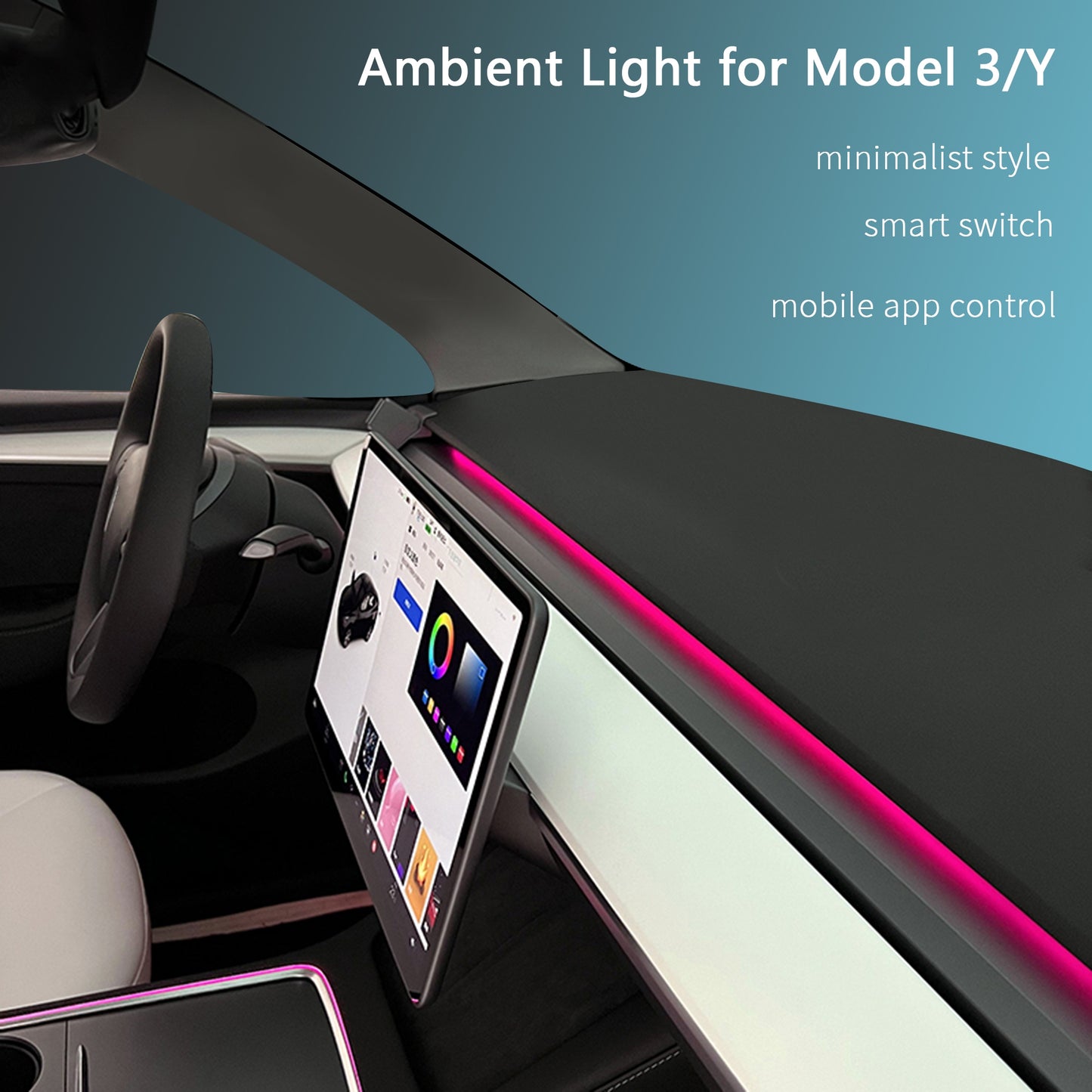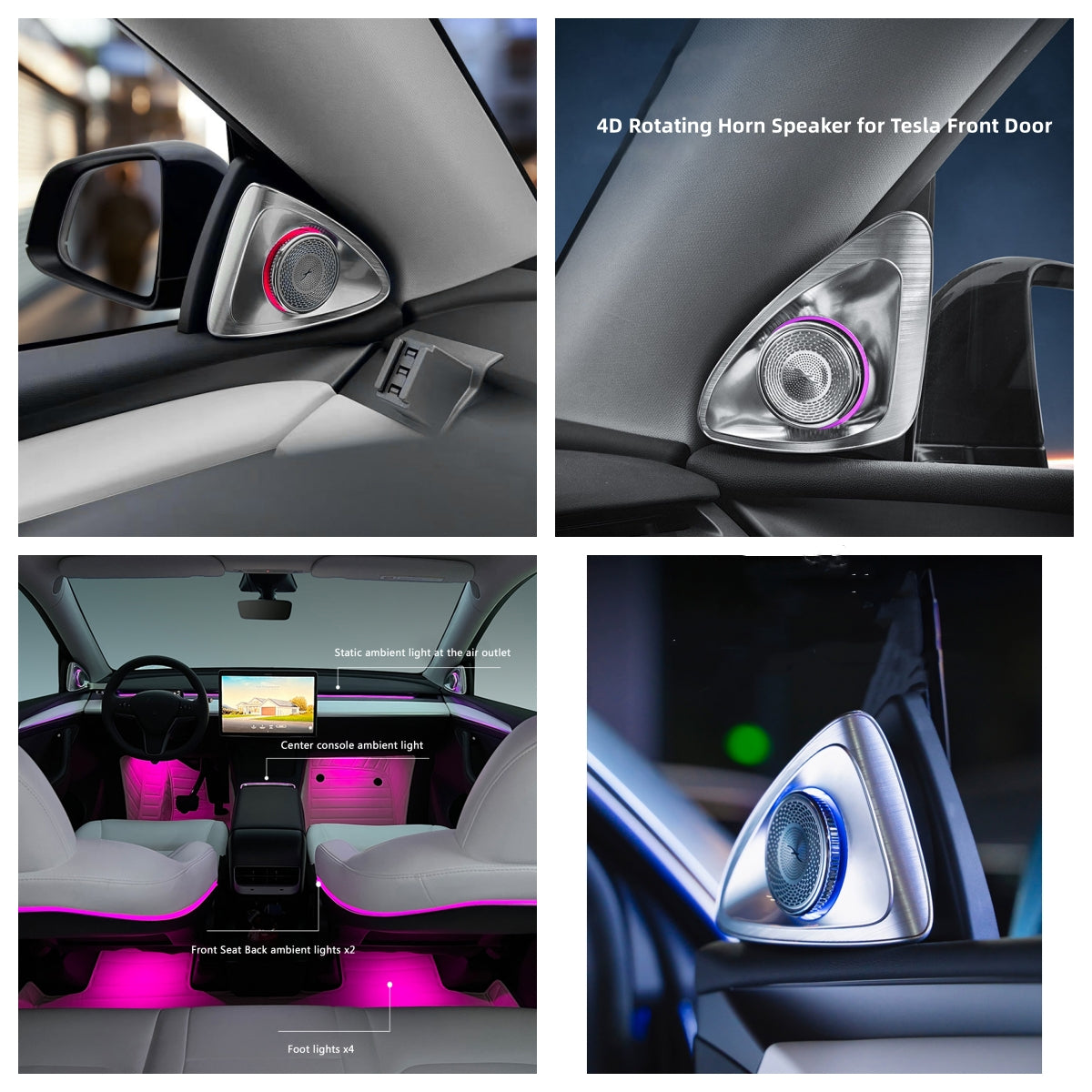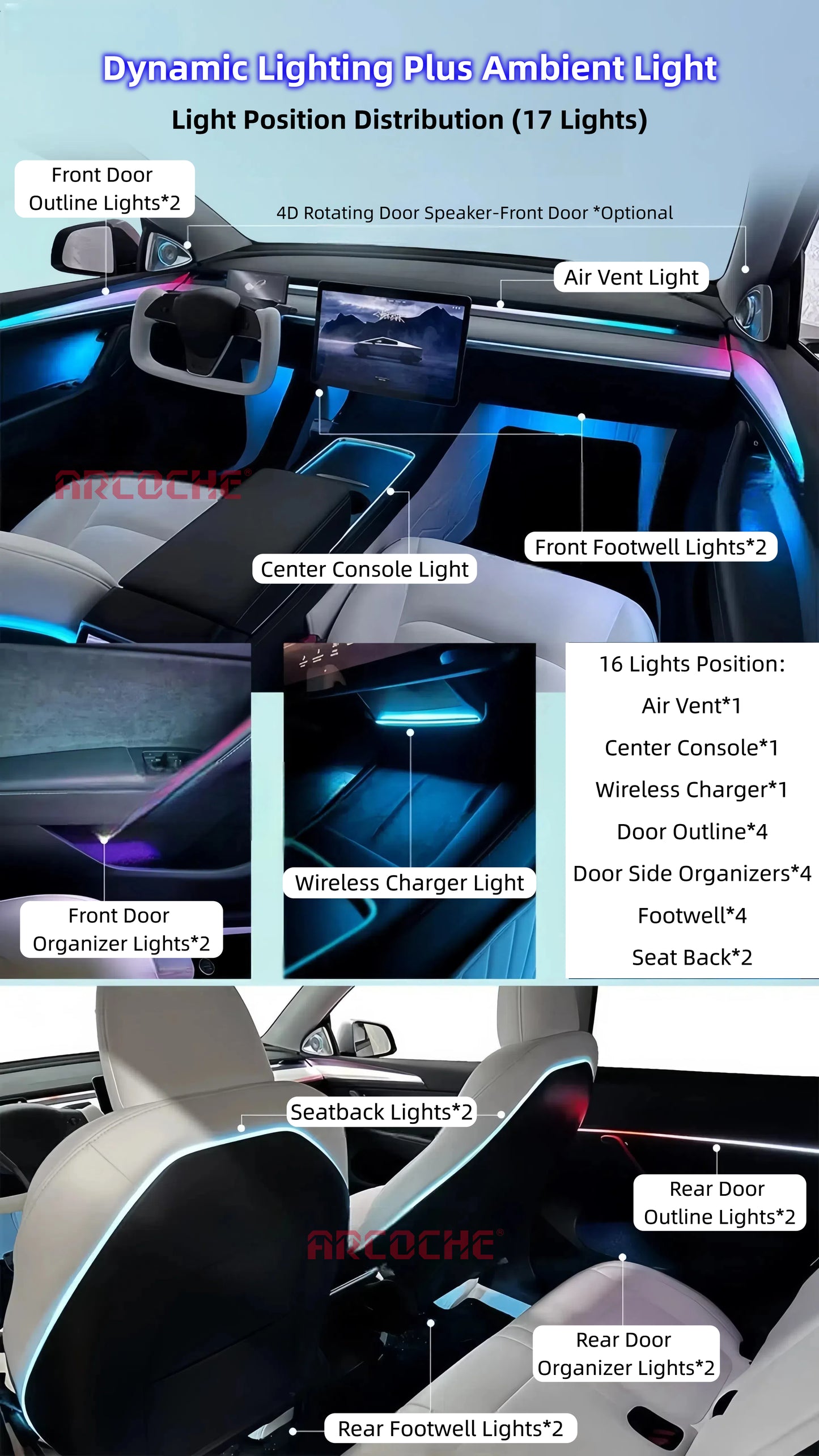
Elon Musk States Tesla's Ascent to 10x Production Will Pose Challenges but is Feasible
Tesla's 2023 record of selling 1,808,581 vehicles was a remarkable achievement. However, it falls significantly short of the company's ambitious self-imposed target for the end of the decade, aiming to reach sales of 20 million vehicles annually by 2030. Elon Musk's bold statements regarding this goal were met with skepticism and mockery from critics, given the substantial growth required to achieve such numbers.
In response to discussions about the challenging 2030 target, Musk acknowledged on X, the social media platform (formerly Twitter), that scaling production to achieve 10 times the current output would be a formidable task but remained optimistic about its feasibility.
Elon Musk's recent mention of Tesla's goal to reach 20 million vehicle sales by 2030 might be downplaying the actual challenge ahead. Tesla's current vehicle lineup is relatively limited, and until the company can successfully produce and scale its next-generation electric cars, achieving substantial growth may be restrained. The Model Y played a crucial role in making Tesla the world's best-selling vehicle globally in 2023, contributing to the record-breaking sales figure of 1,808,581 vehicles.
Tesla's next-generation platform is not exclusively reserved for the anticipated $25,000 car; it is also intended for a dedicated robotaxi. This autonomous vehicle, devoid of manual controls like steering wheels and pedals, could offer a cost-effective and straightforward manufacturing process, potentially facilitating widespread global adoption upon its release.
However, the realization of such ambitious goals hinges on Tesla mastering Full Self-Driving (FSD) technology. Elon Musk's previous emphasis on the significance of FSD to Tesla's future appears well-founded. Without achieving autonomy, Tesla might be recognized as a prominent mainstream automaker with impressive vehicle sales but may not achieve the transformative, world-changing impact envisioned with 20 million vehicle sales by 2030.
------The article excerpted from TESLARATI.



